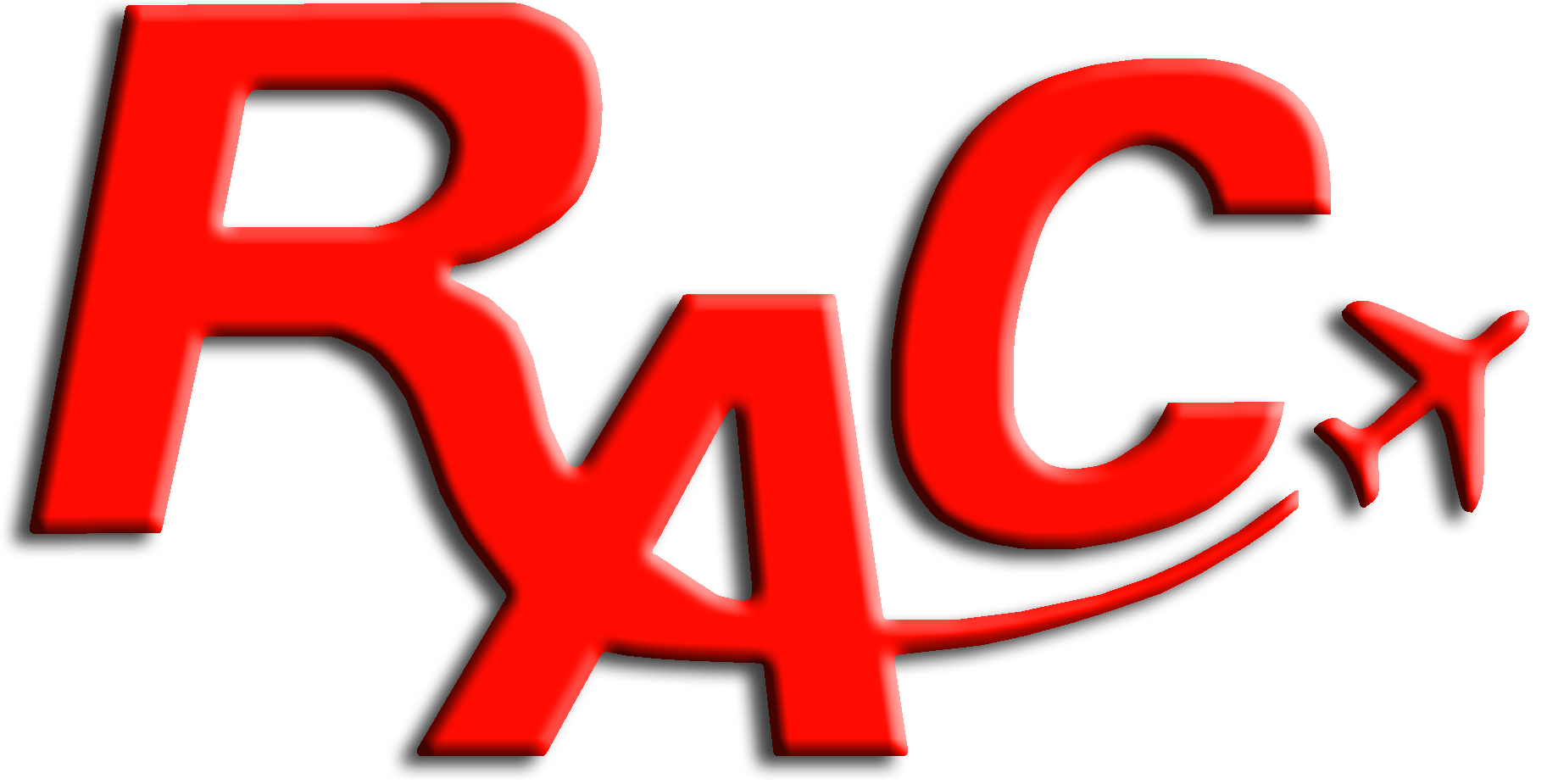Ground School
Most flight instructors will tell you that the airplane is not the best classroom. A substantial part of aviation training should be completed on the ground at “zero knots and one G” before being put into practice in the air. Ground school is a method of conveying knowledge and theoretical information required to pass written exams, prepare for oral examination during practical flight tests, and most importantly to learn the skills needed to pilot an aircraft successfully and safely. Learning to fly is fun! But you do have to hit the books to learn material that can’t be covered in the cockpit.
Ground school courses come in several flavors. There are dozens of reputable online ground school courses available for purchase or subscription. These allow you to gain the required knowledge on your own time, at your own pace. While many students prefer this kind of self-study, many others prefer to attend a more formal classroom course.
Rochester Air Center typically hosts a number of ground school courses throughout the year. As they are announced, we will update them below, so check back often to see if a course you wish to attend may be coming soon! Please call our office at 585-328-8839 to reserve a seat in any of our ground school courses.
Instrument Ground School:
This course will provide the required knowledge training needed to pass the FAA Instrument Pilot Airplane (IRA) written exam. Topics include flight instrument systems, attitude instrument flight, instrument navigation, airports, airspace, FARs, ATC systems and clearances, departure, enroute, and arrival procedures, holding patterns, approach charts and procedures, GPS navigation, flight simulation, meteorology, aeromedical factors, IFR emergency procedures, and flight planning.
Date/Time: We are currently planning to start an Instrument Pilot ground school in the Spring of 2024. Start date TBD.
Cost: $350 (Plus supplies and books kit: $225) = TOTAL: $575
To Register: Reserve a seat early! Please call the RAC office at 585-328-8839 – Seats are limited
Foreflight Users Course:
This three-hour course is designed for pilots who are new to Foreflight; however, we can guarantee we have a few “tricks up our sleeve” to teach even seasoned Foreflight users. The course will cover basic app installation and setup, typical “day to day” features, setting up aircraft profiles, weight and balance, weather products, filing flight plans, and more!
Date/Time: Coming Soon! Stay Tuned!
Cost: $75
Cirrus Transition Course: (Consists of both ground and flight training)
What makes the Cirrus different?
When you think of Cirrus and safety it’s very easy to think, “Parachute.” While this is the most “visible” technology Cirrus has built into SR20/SR22 airplanes, it is just one aspect of our thinking about safety – and possibly not the most significant.
Cirrus incorporates safety features in its aircraft in more ways: Aerodynamics and other passive features which can help protect you from inattention or distraction; and situational awareness and stress reduction features to reduce workload and help you give a flight the attention it deserves. If you do lose control, CAPS (the parachute) may be able to help; and if you do end up in an accident, a crashworthy design can help protect you from injury.
But also important is being able to use that technology comfortably, having skills to taxi, takeoff, fly and land; along with judgment, navigation, and instrument skills to “get there safely”. Traditionally, you keep these skills sharp by challenging yourself or working with a local flight instructor.
RAC Cirrus SR-20 G3 Training
Transition courses typically take approximately 4-5 days and 10 hours of flying to safely train pilots to fly and operate the Cirrus SR20. Rochester Air Center will put emphasis on gaining proficiency in all the areas listed below. Special emphasis will be placed on using and understanding technology integrated into the aircraft, and how to effectively and SAFELY manage these new resources.
The SR20 G3 Transition:
Cirrus Transition Training Syllabus Averages:
Successful completion of all course objectives will result in a certificate of completion.
Date/Time: Based on specific request / interest. Please call our office to discuss scheduling.
Ground Training Cost: $150
Flight Training Cost: Variable.
